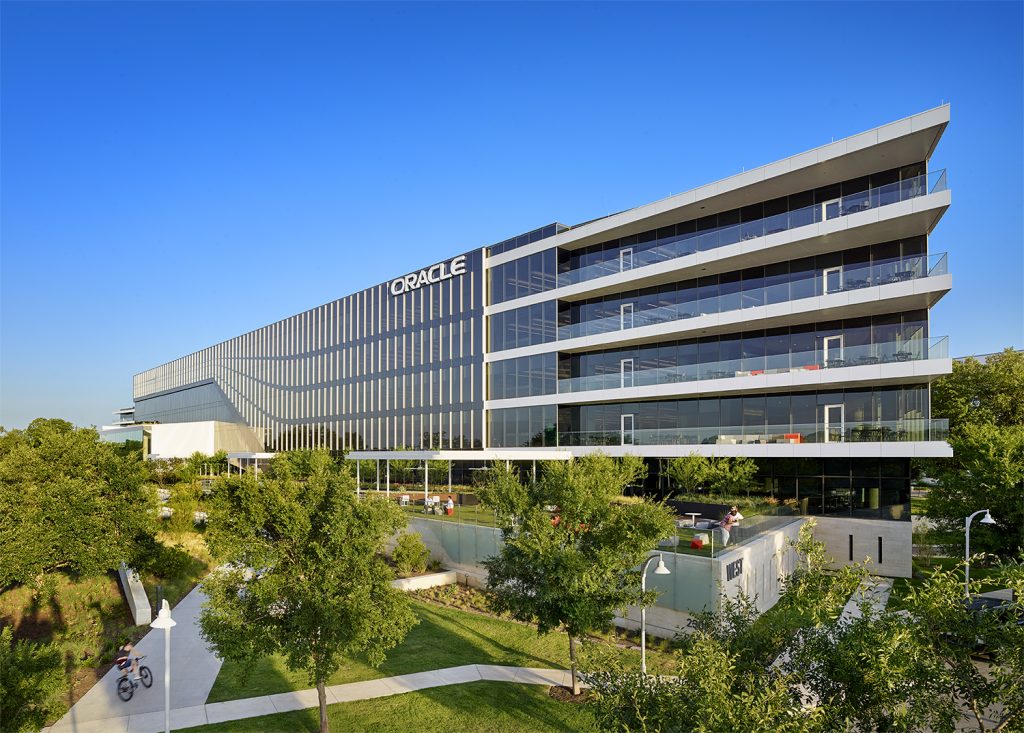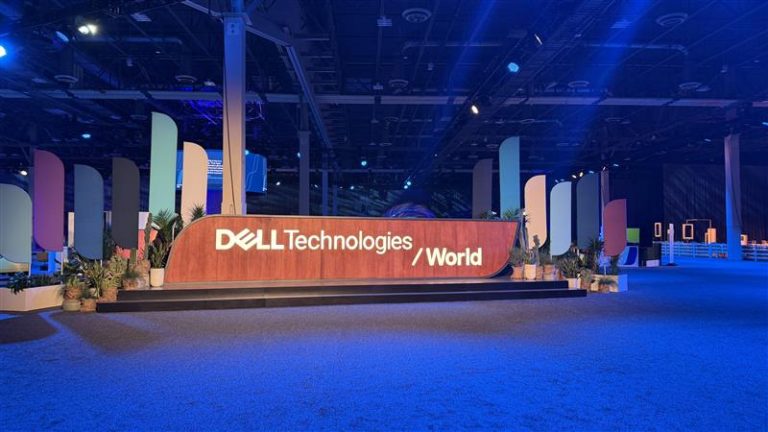Oracle and NVIDIA Collaborate to Accelerate AI Adoption in Enterprises
Oracle Collaborates with NVIDIA to Accelerate AI Adoption
Oracle and NVIDIA have announced a long-term partnership aimed at helping businesses tackle challenges through enhanced computing and artificial intelligence solutions. This collaboration will introduce the complete NVIDIA accelerated computing stack—including GPUs, systems, and software—into the Oracle Cloud Infrastructure (OCI).
As part of this initiative, OCI will significantly increase its capacity by adding tens of thousands of NVIDIA GPUs, including the A100 and the upcoming H100 models. Combined with OCI’s robust AI cloud infrastructure, characterized by bare metal, cluster networking, and storage, this partnership will provide businesses with a comprehensive and accessible set of tools for AI training and large-scale deep learning inference.
Oracle’s CEO, Safra Catz, emphasized the importance of quick access to insights in today’s fast-paced business landscape, stating that the partnership will leverage the strengths of both companies to address the diverse challenges faced by industries ranging from healthcare and manufacturing to telecommunications and finance.
NVIDIA’s CEO, Jensen Huang, highlighted the crucial role of accelerated computing and AI in managing rising operational costs. He noted that organizations are increasingly adopting cloud-first AI strategies to facilitate rapid development and scalable deployment. This partnership will ensure that NVIDIA’s AI technologies are easily accessible to a broader array of enterprises.
For years, NVIDIA and Oracle have collaboratively provided accelerated computing instances and software accessible through OCI. Their extended partnership aims to further drive AI innovations across various sectors, enhancing customer service and supporting business growth.
The NVIDIA AI Enterprise platform, widely recognized for its utility in the AI workflow—from data processing to large-scale deployment—will now be fully available on OCI instances. This enables organizations to create predictive models that streamline business operations and generate quick insights through applications in conversational AI, recommender systems, and computer vision.
Additionally, Oracle will soon provide access to NVIDIA RAPIDS, which accelerates Apache Spark data processing on its fully-managed Apache Spark service. Data processing remains a critical workload in cloud computing, and OCI Data Science will support various bare metal configurations, including those equipped with NVIDIA A100 Tensor Core GPUs.
In the healthcare sector, NVIDIA Clara, an AI and HPC application framework for medical imaging and genomics, will soon be introduced. Oracle and NVIDIA are also working on AI-enhanced offerings for Oracle Cerner in healthcare, covering analytics, clinical solutions, and patient management.
For those interested in exploring AI and big data further, upcoming events such as the AI & Big Data Expo in Amsterdam, California, and London will feature industry leaders discussing the latest advancements.
MedTech AI, hardware, and clinical application programmes
The AI execution gap: Why 80% of projects don’t reach production
Teachers in England given the green-light to use AI
AI’s influence in the cryptocurrency industry
Join our Community
Subscribe now to get all our premium content and latest tech news delivered straight to your inbox.
Latest Innovations
Artificial Intelligence and Machine Learning are transforming various sectors, including finance, logistics, and security. One of the notable advancements is in cloud-native container security, where machine learning plays a crucial role in enhancing safety measures. This technology leverages algorithms to identify vulnerabilities and mitigate risks effectively, making cloud environments more secure. The integration of machine learning helps organizations remain agile and responsive to threats, ultimately improving their overall security posture.
In addition to security, innovative applications of machine learning are reshaping business operations. Industries are harnessing this technology to streamline processes and enhance efficiency. For instance, machine learning algorithms can analyze vast amounts of data to provide valuable insights, enabling businesses to make more informed decisions. This capability is pivotal in driving competitive advantages across various sectors, such as logistics, where predictive analytics can optimize supply chain management.
Moreover, the rise of AI-driven tools raises concerns about ethical implications. Reports have emerged indicating that some AI systems are allegedly being misused to artificially boost music streaming numbers. Such practices highlight the need for regulatory measures to ensure the responsible use of technology in the creative industries.
In conclusion, the intersection of machine learning and artificial intelligence with various fields indicates that these technologies are not just trends but essential components of modern business strategies. As organizations continue to embrace these innovations, the potential for growth and improvement is vast, making it crucial for stakeholders to stay informed and proactive in addressing both opportunities and challenges.
AI’s Influence in the Cryptocurrency Sector
Artificial Intelligence (AI) is reshaping the landscape of the cryptocurrency industry. By integrating advanced algorithms and data analytics, AI enhances market predictions and optimizes trading strategies. Its role is increasingly vital as it helps in identifying potential fraud and improving security protocols, making transactions safer for users.
Superintelligence Era: Insights from Sam Altman
Sam Altman, a leading figure from OpenAI, has remarked that we are entering a new age of superintelligence. This era promises transformative advancements in various sectors, including technology and business. As AI continues to evolve, its ability to learn and adapt is reshaping our approach to problem-solving and innovation.
Mistral AI: A Challenge to Big Tech
Magistral is making significant strides with Mistral AI, introducing a reasoning model that poses a challenge to conventional tech giants. By focusing on advanced reasoning capabilities, Mistral aims to redefine expectations within the AI space. This competitive edge may lead to broader implications for technology development and application.







